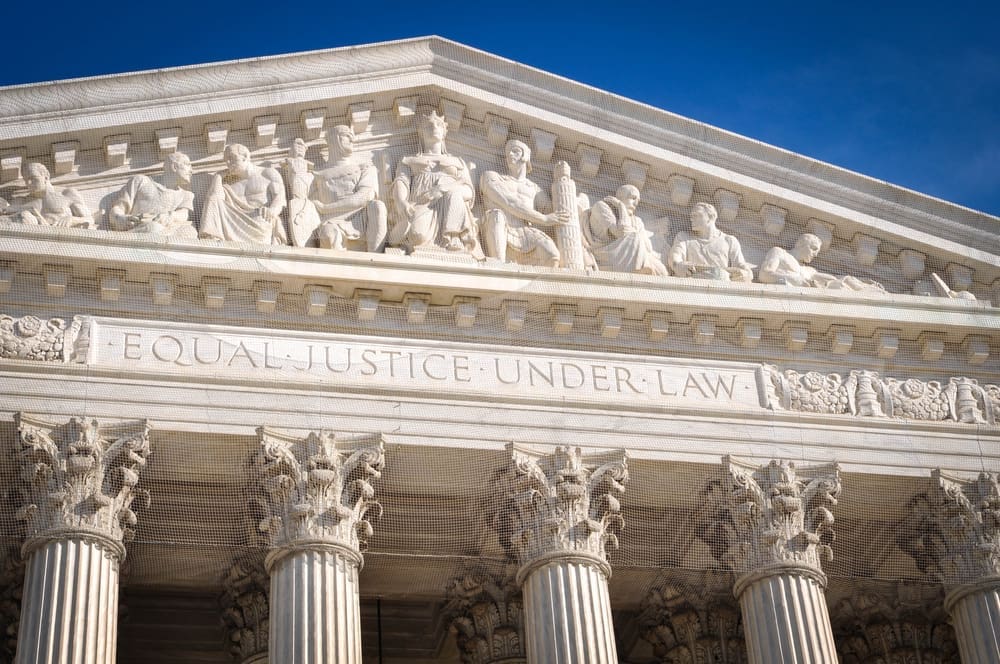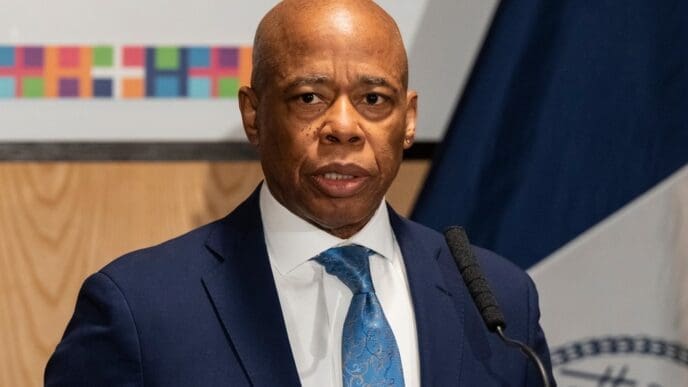In a pivotal legal battle, the Supreme Court is set to deliberate on arguments presented by the Trump administration, challenging the constitutional basis of birthright citizenship. The 14th Amendment of the United States Constitution affirms that all individuals born on U.S. soil are citizens. However, this principle is under scrutiny following an executive order from President Trump at the outset of his second term. This order seeks to revoke citizenship for children born in the U.S. to parents who are either undocumented or present on temporary visas.
The Department of Justice, aware of the potential legal pitfalls in contesting the 14th Amendment’s explicit wording, has redirected the court’s attention to a narrower, technical issue. This legal maneuver comes amid widespread opposition, as immigrant rights organizations and a coalition of 22 states have mounted legal challenges against the executive order. Lower courts have unanimously deemed the order unconstitutional, and appellate courts have upheld these decisions, maintaining injunctions that prevent the order’s implementation during ongoing legal proceedings. Recent polling data indicates a majority of Americans disapprove of ending birthright citizenship.
Simultaneously, House Republicans are striving to push forward President Trump’s comprehensive legislative package, colloquially referred to as the “big beautiful bill.” This ambitious proposal aims to fulfill key components of Trump’s domestic agenda, particularly in areas concerning immigration and tax policies. Recent committee approvals have advanced elements of the bill, including the permanence of the 2017 tax cuts, abolition of taxes on tips and overtime, and reductions in Medicaid and the Supplemental Nutrition Assistance Program (SNAP). Despite these advancements, House Speaker Mike Johnson faces internal party tensions that could jeopardize the bill’s passage. The Senate, however, exhibits skepticism, with many Republicans expressing reservations about the bill’s prospects.
Amid these domestic challenges, President Trump’s foreign policy decisions are also drawing attention. His announcement to lift sanctions on Syria has sparked diplomatic uncertainty, particularly with Israel. Historically adversarial, Israel and Syria’s relationship is now under a spotlight as Syria’s new leadership expresses a desire for peaceful relations. Trump’s ongoing Middle East tour includes addressing these geopolitical dynamics.
Furthermore, Congressional Republicans are proposing a significant overhaul of the federal student loan system, embedded within their reconciliation package. This reform seeks to consolidate existing repayment plans into a singular option, extending the 2017 tax cuts. The proposed system would base repayment terms on borrowers’ debt levels, offering a repayment period ranging from 10 to 25 years. The initiative aims to simplify loan repayment, although it excludes current borrowers from the new plans. Instead, it introduces a Repayment Assistance Plan, tying payments to borrowers’ adjusted gross income and forgiving any remaining interest post-payment.














